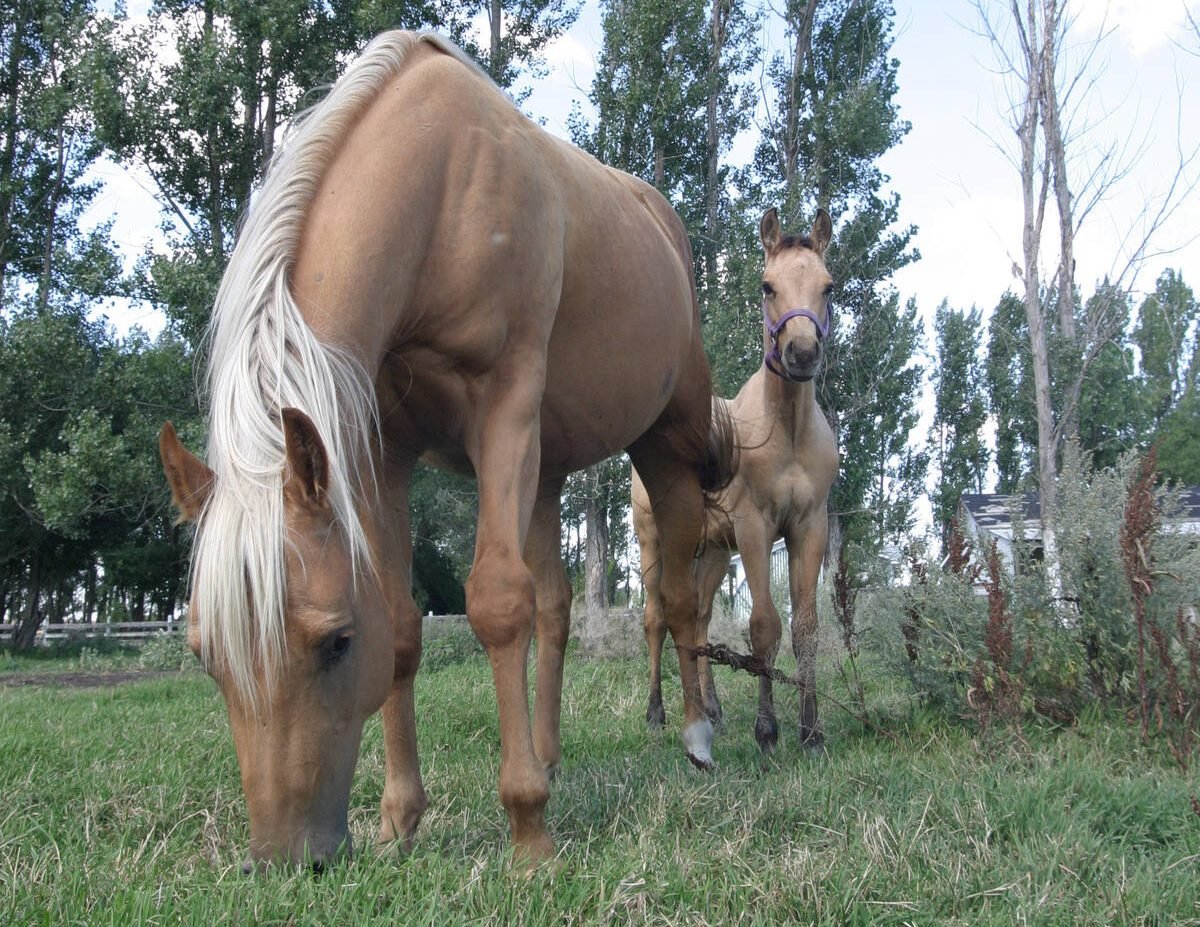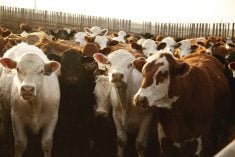Probiotics get a lot of hype in human and animal nutritional research.
But research at the University of Manitoba shows they also can have a lot of potential.
“If you design probiotics with a very specific function in mind … you can get a very satisfactory result,” Denis Krause said during Hog and Poultry Days in Winnipeg.
“It does work.”
Probiotics are living organisms that can be added to diets so they pass into digestive systems.
Researchers in human and animal science hope to use these organisms to produce positive results, such as fighting disease, increasing nutrient absorption and boosting vigour.
Read Also

Growth plates are instrumental in shaping a horse’s life
Young horse training plans and workloads must match their skeletal development. Failing to plan around growth plates can create lifelong physical problems.
Many organisms have the theoretical potential to achieve these results, but little research has been done to prove their effectiveness.
To check the effectiveness in pigs, Krause and fellow researchers decided to see if they could use benign forms of E. coli bacteria to replace the bad forms that cause the diarrhea that can sicken, weaken and kill piglets.
They tested hundreds of types of naturally occurring pig E. coli to find harmless forms that would attach to the same part of the pig’s digestive tract as the bad forms.
They hoped that the benign E. coli would compete with bad E. coli and limit their infection potential.
Out of the 465 strains that the researchers tested, they found two that met all their criteria. These, as well as bad E. coli, were added to piglet diets.
Piglets that received the positive E. coli had less diarrhea than those that did not, so the results showed that probiotics have potential.
However, Krause warned that probiotics need to be custom designed for specific purposes, as was done with his experiment, and are often not effective otherwise.















